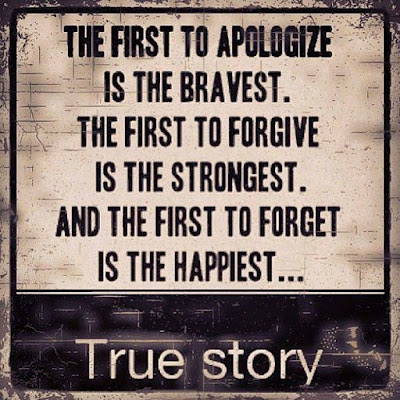"... because personalism drew upon Catholic social theory, its notion of community drew upon a heritage of corporatist thinking that linked the person to the intermediate collectivities of family, church, and nation. In this way, the individual would be protected from the depredations of the modern state. Significantly, in contrast to Fascism, which also deployed a communitarian, corporatist language, it refused to countenance the swallowing of these "natural" communities by the political state." (The Catholic Origins of Quebec's Quiet Revolution, 1931-1970, by Michael Gauvreau p 24)In theory anyway. In practice, the social activists and politicians who grew out of the Quiet Revolution were only too willing to allow the government to swallow up organic communities. The wonderful thing about the Gauvreau book is that he gives us some inkling of why that happened. For the clerical activists pushing Action Catholique groups in Quebec in the first half of the twentieth century encouraged young Catholics to think of their parents' religious beliefs as empty.
Any evaluation of the cultural impact of Catholic Action must therefore take as its starting point the meaning of words such as "solitude," "community," "anxiousness," and "authentic," which recurred over and over again in Quebec between 1931 and the mid-1950s. What was significant that these words represented religious values that were always positively attributed to young people, and always in reference to the negative qualities of conformity, complacency, individualism, hypocrisy, a sterile obsession with moralizing, and bad faith, all of which marked the religious experience of the previous generation. (Gauvreau, p 15)And I can testify that it didn't stop in the 1950s. These are the values my parents taught me when I was growing up in Quebec in the 1970s. It was also what I was taught in Religion (they stopped calling it "Catechism") classes at the Catholic High School I attended in Quebec in those years. And you can still hear this stuff from the pulpit of many Catholic churches in Quebec today (preached to mostly empty pews).
And the effect this was to have was disastrous for the church. To teach young people that institutions need to be preserved while, at the same time, teaching them that the people currently running these institutions are a bunch of lazy, moralistic hypocrites who have subverted those institutions was a recipe for that disaster.
And note that this was all going on before Vatican 2! There was, within the ranks of priests, monks, friars and nuns serving the church, an active rebellion ready to pick up the ball and run with it long before Vatican 2.
Their characters lived in a world gone wrong, a world in which, long before the atom bomb, civilization had created the machinery for its own destruction, and was learning to use it with all the moronic delight of a gangster trying out his first machine gun.That's Raymond Chandler describing a world that, at first glance, seems utterly unlike the Catholic Church, although he is talking about the same period in history, the 1930s to 1950s. And it would be unfair to simply brush off this generation of reformers as deluded and selfish. They grew up with a church that had lost its way and needed to be reformed. On the other hand, it is painfully obvious, with the benefit of hindsight, that their reforms were a disaster. (Well, it should be, Pope Francis seems to think that the solution is to drive off the cliff again only faster this time.)
But what is the solution? There has been a lot of talk of a "hermeneutics of continuity" that is to be preferred over a "hermeneutics of disruption". But that needs content. What should be the basis of the continuity. Talk to some Catholic traditionalists and you will leave with the impression that "continuity" means to not reform at all.
Whatever a worthwhile reform is, it cannot be an abstract exercise and it cannot be a political exercise. It needs to draw on something deeper than that. That is why I favour a Catholic Romanticism. Not Romantic Catholicism because I don't want Romanticism to modify Catholic. I think Romanticism is the right way to approach the past but not any Romanticism. Romanticism needs to be modified and Catholic aims and goals is what it needs. I'm sure all that will seem silly to some. I don't blame them but I think the notion can be given real content.

